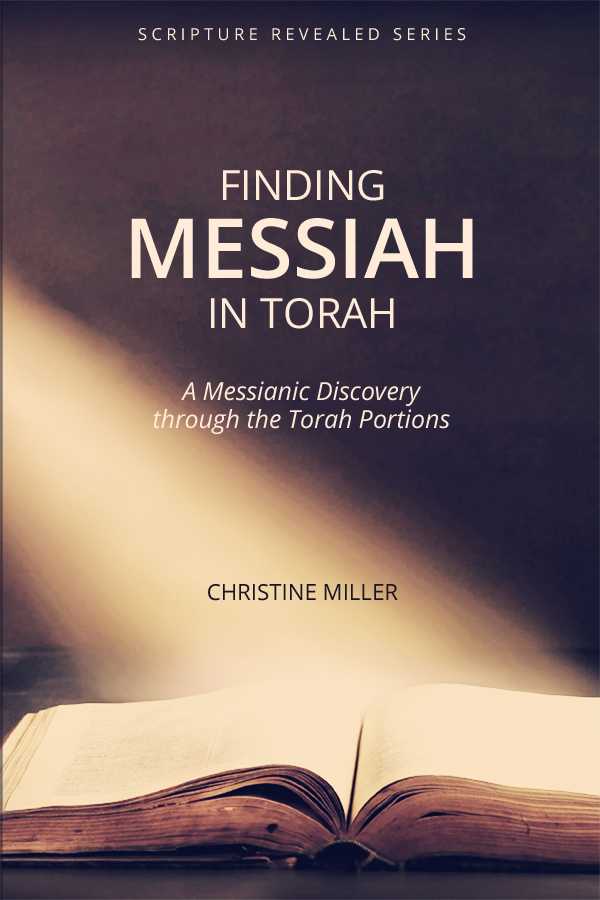Watch
Events
Articles
Market
More
FINDING MESSIAH IN TORAH BOOK EXCERPT
Genesis 11:1-32
Man built a tower whose top was to be in the heavens. They did not like God’s commandment to spread out from each other and fill the earth.
And God blessed Noah and his sons, and said unto them, “Be fruitful, and multiply, and replenish the earth.” Gen 9:1
But, wanting to bypass it, they tried to establish their own way to go up to God. Instead, YHVH God came down to them.
And YHVH came down to see the city and the tower, which the children of men had built. Gen 11:5
We cannot go up to Him, so He comes down to us. Isn’t He wonderful? All His judgments are just!
https://nothingnewpress.com/st....ore/finding-messiah-
#christinemiller #findingmessiah #whywehomeschool #nothingnewpress




A #chiasm in #psalm 12 shows that God is still on the throne even when all seems hopeless.
#biblepatterns
https://soilfromstone.blogspot.....com/2016/08/a-chias



Go to Pharaoh in the morning, as he is going out to the water. Stand on the bank of the Nile to meet him, and take in your hand the staff that turned into a serpent.
#exodus 7:15 #vaeira
Water in the Scriptures is often a symbol of people and the Nile was the source of life for Egypt. By striking the Nile, Moses was threatening the very existence of the people, who were in turn the source of power and authority for Pharaoh. Moses' first sign to Pharaoh should reasonably have been the last, but there's no limit to the self-destructive power of pride.



Shalom dear fellow Shofar Blowers and Listeners!
? Here is your Meeting Link:
https://dateful.com/eventlink/2753910087
Feel free to invite others using this link:
https://tube.thetorahnetwork.com/v/KmZMaD
?Please let us know if you would like to lead worship in one of the next meetings, or know someone that would.
We are Looking forward to sounding the Shofar with you in Jerusalem!
Shalom,
http://campephraim.org/new-moon-in-jerusalem/




Shalom dear fellow Shofar Blowers and Listeners!
? Here is your Meeting Link:
https://dateful.com/eventlink/2753910087
Feel free to invite others using this link:
https://tube.thetorahnetwork.com/v/KmZMaD
?Please let us know if you would like to lead worship in one of the next meetings, or know someone that would.
We are Looking forward to sounding the Shofar with you in Jerusalem!
Shalom,
http://campephraim.org/new-moon-in-jerusalem/




Shalom dear fellow Shofar Blowers and Listeners!
? Here is your Meeting Link:
https://dateful.com/eventlink/2753910087
Feel free to invite others using this link:
https://tube.thetorahnetwork.com/v/KmZMaD
?Please let us know if you would like to lead worship in one of the next meetings, or know someone that would.
We are Looking forward to sounding the Shofar with you in Jerusalem!
Shalom,
http://campephraim.org/new-moon-in-jerusalem/



